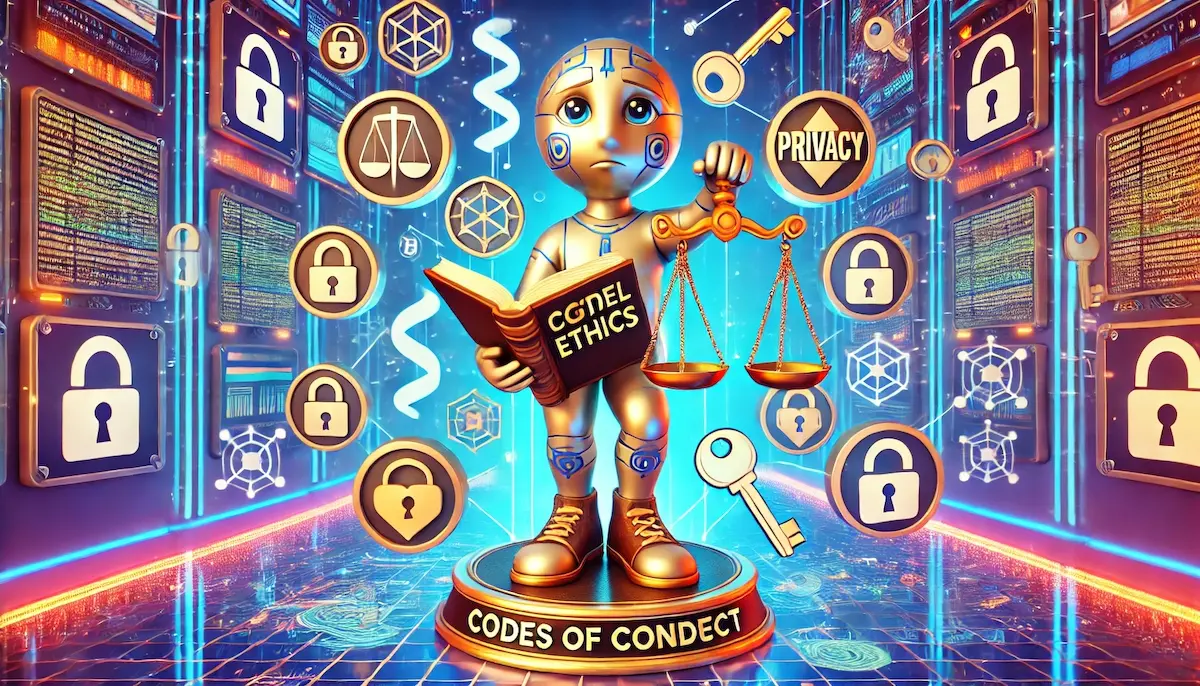Digital ethics is a field of study that addresses the ethical challenges and dilemmas arising from the use of digital technologies. As technology increasingly permeates all aspects of life, from communication and entertainment to healthcare and finance, the importance of ethical considerations in the digital realm has never been greater. Digital ethics explores the moral implications of technology on society, individuals, and the environment, guiding the responsible use of technology to benefit humanity.
Key Principles of Digital Ethics
Privacy
Privacy is a fundamental human right that is often challenged by digital technologies. Digital ethics emphasizes the need to protect personal information and ensure that individuals have control over how their data is collected, used, and shared. This includes issues related to data breaches, surveillance, and the right to be forgotten.
Security
Security involves safeguarding digital systems and data from unauthorized access, cyberattacks, and other threats. Ethical considerations in digital security focus on preventing harm to individuals and organizations by implementing robust security measures and promoting responsible behavior among technology users and developers.
Transparency
Transparency in digital ethics requires that organizations and technology providers be open about their data practices, algorithms, and decision-making processes. This helps build trust and accountability, ensuring that users understand how their data is being used and the potential impacts of digital technologies on their lives.
Accountability
Accountability means holding individuals and organizations responsible for their actions and decisions in the digital space. This includes addressing issues such as algorithmic bias, misinformation, and the ethical implications of artificial intelligence. Accountability ensures that ethical standards are upheld and that there are consequences for unethical behavior.
Equity
Equity in digital ethics focuses on ensuring that technology benefits all members of society fairly and does not exacerbate existing inequalities. This includes addressing the digital divide, promoting inclusivity, and ensuring that marginalized communities have access to and can benefit from digital technologies.
Ethical Issues in Digital Technologies
Artificial Intelligence and Machine Learning
Artificial intelligence (AI) and machine learning (ML) have the potential to transform industries and improve lives, but they also raise significant ethical concerns. Issues such as algorithmic bias, lack of transparency, and the potential for misuse of AI for surveillance or manipulation highlight the need for ethical guidelines and oversight in AI development and deployment.
Data Privacy and Surveillance
The widespread collection and analysis of personal data by governments, corporations, and other entities pose significant privacy challenges. Ethical considerations include ensuring informed consent, protecting individuals’ data from misuse, and balancing the benefits of data collection with the right to privacy.
Cybersecurity and Cybercrime
As digital technologies become more integrated into everyday life, the threat of cyberattacks and cybercrime increases. Ethical considerations in cybersecurity involve protecting individuals and organizations from harm, ensuring that cybersecurity measures do not infringe on privacy, and promoting ethical behavior among cybersecurity professionals.
Digital Divide and Inclusivity
The digital divide refers to the gap between those who have access to digital technologies and those who do not. Ethical considerations include addressing this disparity, ensuring that all individuals have access to the benefits of technology, and promoting digital literacy and skills across different populations.
Misinformation and Digital Literacy
The spread of misinformation and fake news is a significant ethical issue in the digital age. Ethical considerations involve promoting digital literacy, ensuring that individuals can critically evaluate information online, and holding platforms accountable for the spread of false information.
Frameworks and Approaches to Digital Ethics
Ethical Guidelines and Standards
Various organizations and institutions have developed ethical guidelines and standards to address the challenges of digital ethics. These guidelines provide principles and best practices for the responsible use of technology, helping to ensure that ethical considerations are integrated into technological development and deployment.
Ethical Design and Development
Ethical design and development involve integrating ethical considerations into the design and development processes of digital technologies. This approach ensures that ethical issues are addressed from the outset, rather than as an afterthought, and promotes the creation of technologies that are beneficial and fair to all users.
Regulatory and Legal Approaches
Regulatory and legal approaches to digital ethics involve creating laws and regulations that govern the use of digital technologies. These approaches aim to protect individuals’ rights, ensure accountability, and promote the responsible use of technology.
Conclusion
Digital ethics is an essential field that addresses the complex and evolving ethical challenges posed by digital technologies. By focusing on principles such as privacy, security, transparency, accountability, and equity, digital ethics provides a framework for the responsible development and use of technology. As digital technologies continue to advance, the importance of ethical considerations will only grow, ensuring that technology serves the greater good and enhances the well-being of all individuals.
Blockfine thanks you for reading and hopes you found this article helpful.
